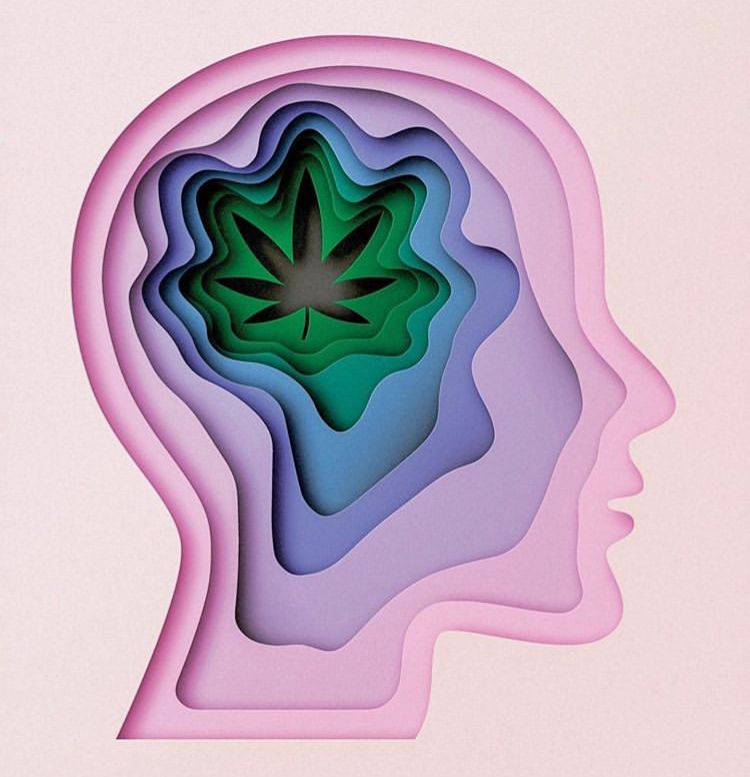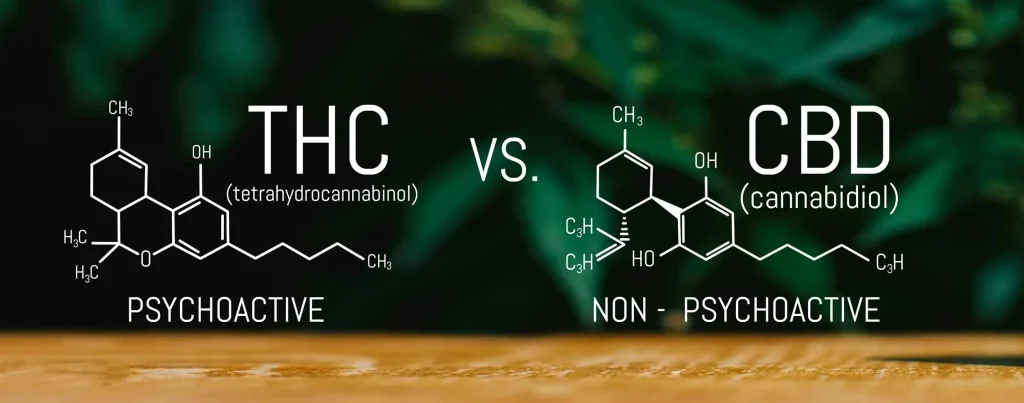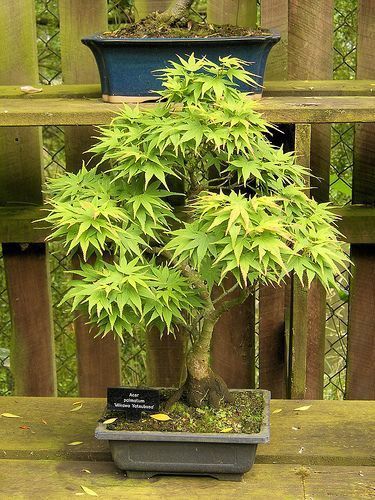
As cannabis becomes more accepted around the world, one of the biggest questions researchers continue to explore is how it affects mental health. Can it really help with conditions like anxiety, depression, and PTSD — or can it sometimes make them worse? The answer, according to current research, is complex and depends on factors like dosage, cannabinoid balance, and individual brain chemistry.
Let’s break down what science actually says so far.
Many people use cannabis to unwind or reduce stress — and for some, it genuinely works. Studies have shown that low doses of THC (the main psychoactive compound) can reduce feelings of anxiety and promote relaxation. Meanwhile, CBD, the non-intoxicating cannabinoid, appears to have consistent anti-anxiety effects without causing a high.
A 2019 study published in The Permanente Journal found that CBD significantly reduced anxiety scores in nearly 80% of participants within a month of use. Another review in Neurotherapeutics concluded that CBD shows promise for generalized anxiety, social anxiety, and even PTSD-related anxiety.
However, the relationship isn’t one-size-fits-all. High doses of THC, especially in inexperienced users, can have the opposite effect — triggering paranoia, panic, or racing thoughts. People who are genetically predisposed to anxiety or have an overactive stress response may be particularly sensitive to these effects.
In short:
Low THC or CBD-dominant strains may help reduce anxiety.
High THC doses can worsen it, especially without CBD to balance it out.

When it comes to depression, the research is more divided. Many users report that cannabis helps lift their mood, enhances creativity, or reduces emotional pain — at least temporarily.
From a biological standpoint, cannabinoids interact with the brain’s endocannabinoid system, which regulates mood, motivation, and reward. Some studies suggest that people with depression may have a deficiency in endocannabinoid signaling, meaning cannabis could, in theory, help rebalance these pathways.
A 2020 study in Frontiers in Psychiatry found that medical cannabis users reported reduced symptoms of depression over time, particularly those using strains higher in CBD. But other studies caution that chronic heavy cannabis use may disrupt dopamine function and lead to worsened mood or amotivation in the long term.
The takeaway:
Occasional, moderate use may support mood improvement for some people.
Daily or heavy use can have the opposite effect, especially in younger users or those prone to mood disorders.
PTSD (post-traumatic stress disorder) is one area where cannabis research has shown particularly hopeful results. The endocannabinoid system plays a major role in regulating fear, memory, and emotional processing — all key areas affected by trauma.
Several studies have found that cannabinoids can help reduce nightmares, flashbacks, and hyperarousal symptoms in PTSD patients. A 2021 clinical trial published in Journal of Psychopharmacology found that patients using cannabis reported significant improvements in sleep and overall symptom severity compared to non-users.
THC appears to help “extinguish” traumatic memories, while CBD may reduce anxiety and improve emotional regulation. Together, they may create a synergistic effect that allows the brain to process trauma more calmly.
Still, experts warn that cannabis isn’t a cure, and it should ideally be used alongside therapy, not instead of it. The most promising results have come from balanced THC:CBD strains or CBD-dominant products.
The truth is — it depends on the person and the product.
Cannabis can be both therapeutic and destabilizing, depending on dosage, cannabinoid ratios, frequency, and individual brain chemistry. For people with anxiety or PTSD, it may provide meaningful relief and improve quality of life. For others, especially those prone to psychosis or depression, it can sometimes worsen symptoms.
Experts generally recommend:
Starting with low doses and high-CBD strains.
Avoiding high-THC products if you’re prone to anxiety or paranoia.
Using cannabis as a complement to therapy, not a replacement.
Tracking your symptoms and responses carefully.
Science on cannabis and mental health is evolving fast, but one thing is clear — the plant’s effects are deeply personal. While cannabis holds real potential for easing anxiety, depression, and PTSD, it’s not a universal solution. Responsible use, informed choices, and a balanced cannabinoid profile make all the difference.
As research continues, understanding your own response — and choosing the right strain, dose, and mindset — remains the best way to make cannabis work with your mental health, not against it.
